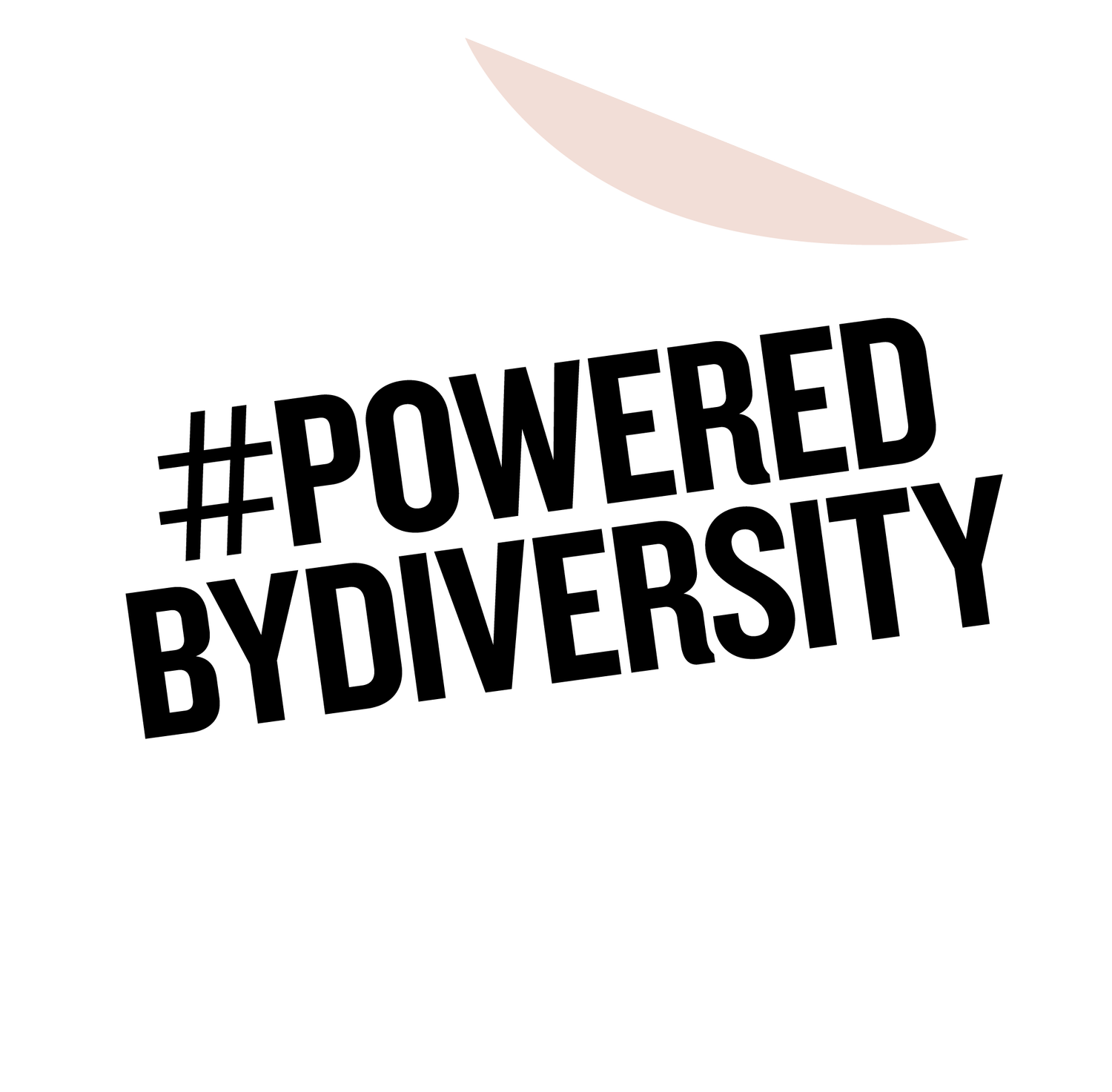What if we could ban the phrase: “I’m not an expert in diversity and inclusion”?
By Cat Wildman, Founder, Powered By Diversity
Why do so few leaders think that they can also be experts at equity, diversity and inclusion at their organisations?
We expect our organisational leaders to be experts - at knowing their culture, competitors, customers, products, services and people…
Why not equity, diversity and inclusion (EDI) too?
The more I got into the research for our groundbreaking EDI Health Check, the more I heard phrases like:
“I can’t talk about D&I - I’m not an expert!”
I realised that this phrase - which I heard time and time again from organisational leaders - was the problem that we needed to solve.
This belief that they’re “not an expert at D&I” could be viewed as an easy ‘opt out’ but it’s also dangerous - because of what’s missing from that statement.
What’s unsaid, but what’s believed, is “...and I never will be”.
Through our research, we discovered exactly what’s behind this rush to shout “I'm not an expert!” - and how we can overcome it.
There are a few ways to slice “expertise” in equity, diversity and inclusion:
One is “knowing the value and benefits of diversity, inclusion, and how to get closer to achieving it”.
This part really isn’t rocket science.
Firstly, the theory behind it is very easy to learn, especially for organisational leaders, who are used to learning and developing.
Secondly, most of us know exactly what to do in order to be inclusive people.
As humans we also tend to naturally seek out opinions and inputs (diversity of thought) all the time. It might be more unconscious than conscious - but it’s not a completely alien concept.
The truth is we are already pretty adept at “doing” diversity and inclusion in our every-day lives
- but we’ve somehow got to a point where we all jumped up and shouted “but I’m not an expert!”
Yes there’s definitely a level of education and understanding needed - about bias and privilege in particular - but even when I’m working with people who actually are highly trained and experienced experts at these things, many of them still regularly say “I’m not an expert!”
I’ll tell you what I think has happened:
We’ve conflated ‘expertise in diversity and inclusion’
with
‘having lived experience of all the protected characteristics’.
Lots of people today confuse having lived experience, with being an expert in diversity and inclusion. And because most of us don’t have all the lived experiences, of all the protected characteristics, we have concluded that we are not an expert - and never will be.
The danger with this thinking is that most of us will never have all the lived experiences of all the protected characteristics and all areas of being underserved - but we absolutely can’t let that hold us back from honing our own brand of expertise in solving imbalance. It’s great to get insight into people’s lived experiences - it is an essential and ongoing part of every diversity and inclusion journey - but we also need to be mindful of the fact that each person only tells a single story. Speaking to one person about their experience might help you to understand some of their challenges, but the truth is that you will never fully understand - because you will probably never be able to really walk a mile in their shoes.
You will always be you - but that doesn’t mean you’ll never be an expert in equity, diversity and inclusion.
Not only that, but just because a person identifies as belonging to a particular group, doesn’t mean they want to - or are able to - teach people about what it’s like, nor should they have to.
Most people at the intersection of all the barriers there are in life have enough on their plates. What’s more, those barriers that have held them back - at every turn in life - weren’t created by them. So should it really be only their job to break them down?
Whilst people with lived experience hold the power to share insight, realistically, the majority of the actual power (financial, positional, bureaucratic) to break down the barriers holding people back, at scale, and level up this unfair system, rests with those who exist comfortably in the status quo.
Surely telling this group repeatedly that they are not, and never will be experts, is giving them a totally free pass to continue to opt out?
And the more we allow privileged groups to disempower themselves from honing expertise in diversity and inclusion - the more we uphold a system which allows them to rest easy in imbalance.
So when you look at it through this lens, isn’t it actually imperative that we flip this “I’m not an expert in diversity and inclusion” mentality on its head, right now and start asking that more people do become experts?
My personal belief is that it’s everyone’s responsibility - and everyone has the right to - get to the point where they can say:
“yes, I’d love to talk about the diversity and inclusion work we do here - I know a lot about it”.
Further materials
Creating a Culture of Conversation (free)
Setting up Your EDI Programme for Success (free)
An Ally’s Guide to Disability Inclusive Language (free)
Available though subscription to the Powered By Diversity award winning data platform
Confidence In D&I Conversations - and beyond!
Jamie Shields' top tips: Accessibility For Organisations
How To Be A Great DE&I Ally (video)




